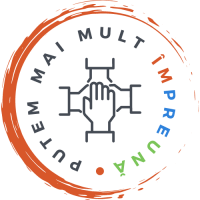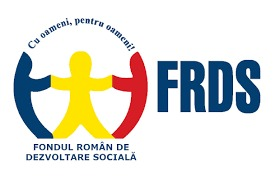
Comprehensive training program
The training program for Roma experts and leaders was addressed to a number of 75 Roma experts/ leaders, members of non-governmental organizations of Roma in Romania, structured in four modules:
MODULE I – Respecting human rights
The courses took place between the 9th – 10th of April, 2022 (Buzau), 14th -15th of April, 2022 (Brasov), 28th-29th May, 2022 (Iasi) and were attended by experts and Roma leaders from all five counties involved in the project. The objective of the module was to prepare the 75 Roma experts and leaders to identify situations of discrimination and to act upon when needed. The main topics addressed during the course were:
- Direct and indirect discrimination;
- National legislation and European directives;
- Responsible institutions;
- Segregation and desegregation methodology;
- Examples cases of discrimination sanctioned by the CNCD (where participants were informed about what steps they need to take in order to report cases of discrimination, as well as the ways in which the application must be formulated to the CNCD).
MODULE II – Communication, public speaking, advocacy and negotiation techniques
MODULE III- Roman identity and ethnic self-image
MODULE IV – Development of contemporary Romani culture
Exchanges of experience, study tours and promotion of good practices
Within this activity we proposed that the 75 experts / leaders who participate in the complex training program to visit at least one of the 20 localities benefiting from the community development program with outstanding results. This exchange of experience gave participants the opportunity to meet with local authorities, community members and to debate the various issues that encountered by one region to another.
Among the topics addressed during the visits:
- Best practices for addressing the needs of Roma communities;
- Best practices for promoting Roma culture;
- Measures to desegregate and combat discrimination;
- Relationship between local institutions / authorities with Roma citizens;
- Representation and representativeness.
Public debates to influence public policies
Meetings were held at county level during which the needs of the Roma communities and the solutions were addressed including strategic documents at county and / or regional level were debated.
The purpose of the debates was to update the county development strategies in order to also include the needs of the Roma communities, but also to change the discourse of these strategies so they would no longer be stereotypical towards the Roma.


